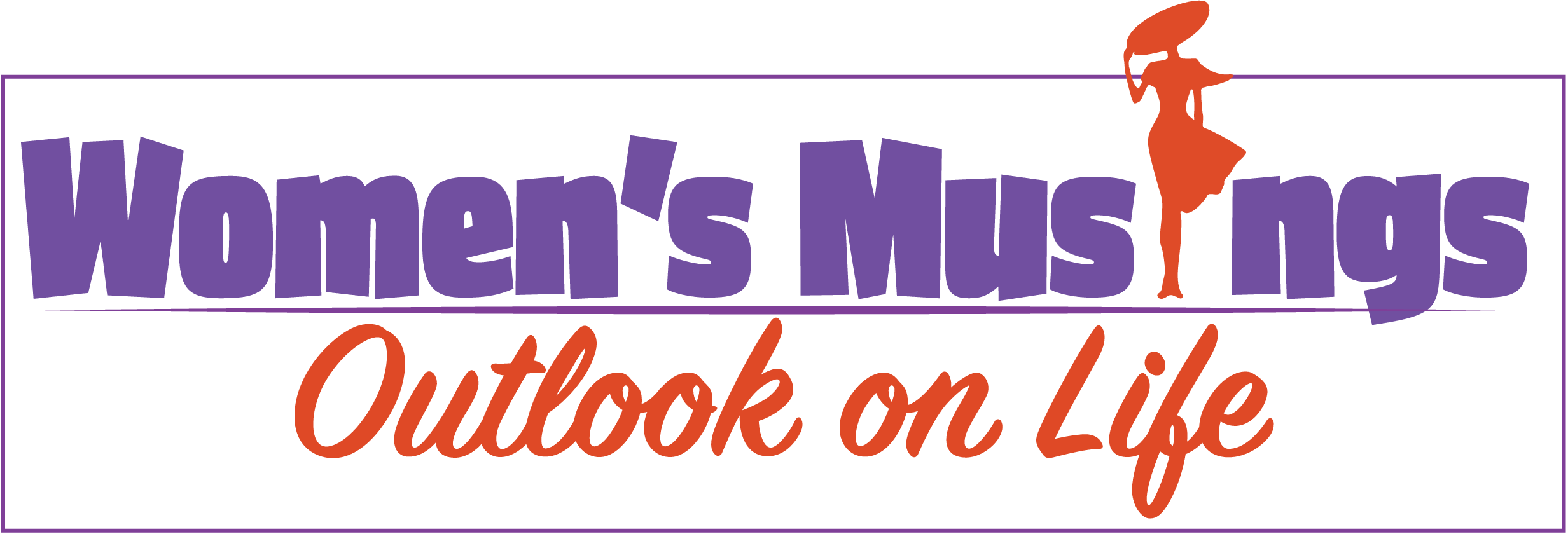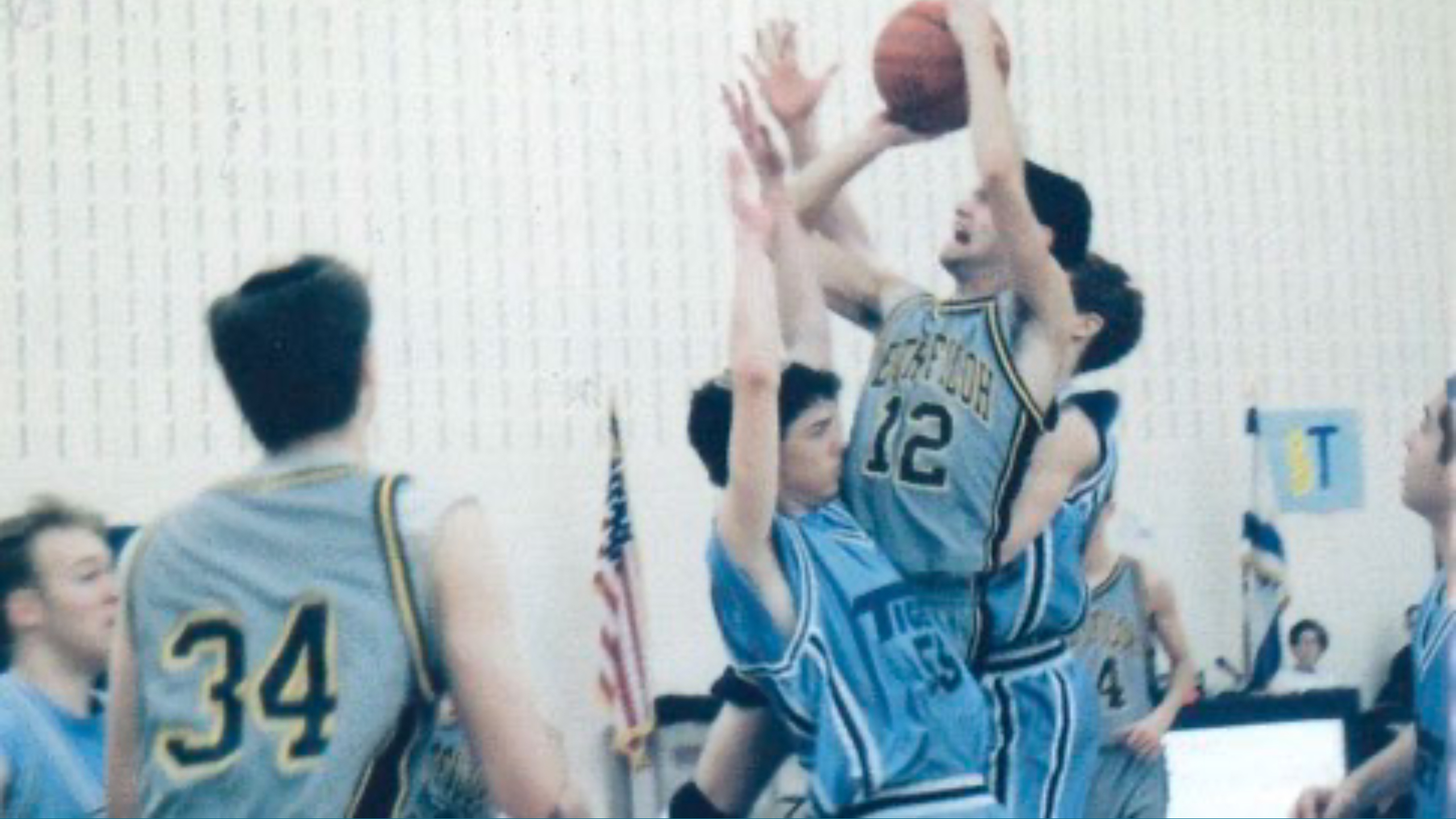Traumatic Brain Injuries
Much has been written about professional sports and traumatic brain injuries (TBI). For example, “The National Football League (NFL) in particular has long been blamed for glossing over serious injuries, especially brain injuries. A recent study linked football to dangerous head injuries. When scientists conducted autopsies on 202 deceased football players, 99% of NFL players were found to have suffered a type of brain damage called chronic traumatic encephalopathy (CTE).”
TBIs are very prevalent in boxing. In fact, chronic traumatic brain injury (CTBI) associated with boxing occurs in approximately 20% of professional boxers.
Interestingly, concussions account for a significant number of injuries in high school sports as well. In a 2012 study, researchers found that concussions account for over 15% of all injuries in ice hockey, lacrosse, cheerleading, football and soccer.
Typical basketball injuries, however? They are usually limited to sprained ankles, jammed fingers, deep thigh bruising, facial cuts and fractures. TBIs? Not so much. Yet…
Thursday
As a parent, you dread this type of phone call. It came on a Thursday night, around 5 p.m., as I was preparing dinner.
“Eileen? This is Joe calling from Beth Tfiloh. Don’t get upset but Eli’s had an accident while playing basketball in the gym. He lost consciousness but now he’s awake. We’ve called the paramedics.”
What?
A group of guys, some students and some alumni, were playing an after school pick-up game in the Beth Tfiloh (BT) Community Day School high school gym. Eli jumped up to make a basket. His chin banged into the head of another player. The impact of chin smacking head was so severe he lost consciousness.
My recollection of what happened after Joe’s call has faded over time. I immediately called my husband Ken but don’t remember if we spoke or I left him a note on the kitchen counter. Quickly, I grabbed the car keys and was out the door, on my way to BT.
A medivac helicopter had arrived. Eli was in the gym, laying prone on a stretcher—one of those hard plastic ones used to transport patients by air. The paramedics were preparing to fly him to the Johns Hopkins Pediatric Trauma Center (all 6 feet, 5 inches of him). He was 17 but despite his height, he was still considered a pediatric patient. His eyes were open, unfocused, and he did not respond when I spoke to him.
Two BT staff members drove me to Hopkins. We went as fast as we could down the Jones Falls Expressway to the hospital.
We got to Hopkins and checked into the pediatric trauma unit. Eli wasn’t there! In other words, the helicopter hadn’t arrived. How was that possible? It left before us! I began to panic. Where the heck was my kid?!
Someone from Hopkins called the University of Maryland’s Shock Trauma unit. Evidently, once in the air, the paramedics decided to take Eli there even though he was under 18. Back to the car we went, this time to Shock Trauma. Ken showed up at some point that evening.
It was a long night. Eli received multiple tests, including an MRI and a CT scan. The diagnosis was concussion. The doctors reassured us that nothing else was broken. Eli was admitted to the hospital, and we were encouraged to go home.
Word about the accident spread quickly within the BT community. A request went out Thursday night for parents, students and friends of the family to gather at the school to say Tehillim. Approximately 200 people came out on Eli’s behalf.
Friday
By Friday morning, Eli was in a private room. He was experiencing amnesia, a typical consequence following a concussion, according to the doctor. He didn’t recognize me or know his name. I was told, however, that as his brain healed, his memory would come back, probably within two weeks.
Can you imagine how weird and bizarre it was to sit in a room with your son who didn’t know who you were? I kept calm, though, until the attending decided to discharge Eli that afternoon. Take him home less than 24 hours after the accident? This was crazy!
Then, an “angel” walked into Eli’s room in the form of Dr. Morton Rapaport, President and CEO of the University of Maryland Medical System. BT’s Director of Education, Mrs. Tzipora Schor, had called and asked him, as a favor, to visit her talmid (student).
You’d think the president of the hospital would have better things to do than check on a 17-year-old kid. But when Mrs. Schor asks for something, you do what she wants! Anyway, Dr. Rapoport came in with four or five doctors trailing behind him. He reviewed the chart, and said, “Hmm. I think we should give him another day in the unit before discharge.” Whew! As I tell my kids, it’s not what you know but who you know.
I vaguely remember someone arranging for Eli to have grape juice, challah rolls and candles for Shabbat (the Sabbath). Maybe it was me; maybe it was Dr. Rapoport. Eli got a kiss goodbye from me, “a stranger.” Sadly, I went home.
Friday Night/Shabbat
Ken and I discussed who was going to be with Eli and how to get to the hospital on Shabbat. We strongly felt one of us should be there. By process of elimination, I was elected. Ken wanted to go to synagogue Shabbat day to say a mi shabayrach for him. Therefore, it was left to me to get to the hospital one way or the other. We had no idea how to arrange a ride on Shabbat since Orthodox Jews do not drive on the Shabbath.
To do the least amount of driving possible, I drove to the Milford Mill subway station, took the train and got off at Lexington Market. The hospital is three blocks away. Silly me – so as not to activate the automatic doors at the hospital entrance, I followed someone in. On the elevator, I asked someone to press Eli’s floor number. I had driven and handled money, but hey…I was avoiding electricity!
Besides, though I was violating Shabbat, I viewed the hospital trip as pikuat nefesh— the Jewish concept of saving a life. Was that a stretch since Eli was in a non-life-threatening situation? Yes, but I reasoned my Shabbat violation would be between me and My Maker. I’d repent on Yom Kippur.
Eli was awake and alert when I got there but still didn’t know me. He was encouraged by the nurses to get out of bed and walk the halls. During one round, he stopped to talk to other patients. His social skills were intact at least. He wasn’t up for reading but flipped through sports magazines. As he turned pages in Sports Illustrated, he saw a photo of Michael Jordan, his favorite player. He perked up and pointed at the photo. Yippee! He remembered something!
Eli was discharged that night, after Shabbat. The young man we brought home didn’t remember us, our house, his room, his brother or the dog. I can’t image what he was thinking. Ask him now and of course, he doesn’t remember.
Recovery
Friends invited us for Shabbat dinner the next Friday night. Eli didn’t recall any of the Shabbat rituals—kiddush (blessing the wine), washing of one’s hands, making motzie (blessing over challah) and bentching (grace after meals). His friend and teammate, Noam, sat next to him at the table and helped him understand what we were doing. It was very weird.
Over the course of the next couple of weeks, school friends dropped by. Even if he didn’t know who they were, he was polite, especially to the girls. They brought gifts, including a talking Scooby-Doo.

Fortunately, as predicted by the doctors, as Eli’s brain healed, his memories came back. One morning, approximately two weeks after the accident, he told me about a dream. In it, he and my mother did an activity together. What he had dreamt had happened! This was the beginning of his recovery.
Eli returned to school shortly thereafter. Six weeks after the accident, he was given the “all clear” to resume playing basketball. That year, 2003, the varsity team made it to the final championship, but sadly lost in a nail-biting game.
A BT senior’s academic year ends in the beginning of March. The students do an internship until Passover, following which they go to Israel. Graduation follows the trip. Eli was honored at graduation with the Beth Tfiloh Brotherhood Middot Award.
Community is Important
The power of the community to aide in healing cannot be overstated. The prayers offered and the support given to us had just as much to do with Eli’s recovery as the wonderful staff at Shock Trauma.
Please leave your comments below.
Read more by Eileen Creeger.


Eileen, I could really feel your mom-self in this story. When our children are injured, and there’s little we can do, it truly is heartbreaking. And waiting for Eli to regain his memory … well I just can’t imagine.
Rereading this makes me cry. 😢
Eileen, this is a great story and I’m so glad everything turned out okay. Most mothers and fathers have handled sick children or children that have had accidents. It brings to mind when my brother was badly injured in a football game at college and my son had some injuries as a young child and later as a young adult.